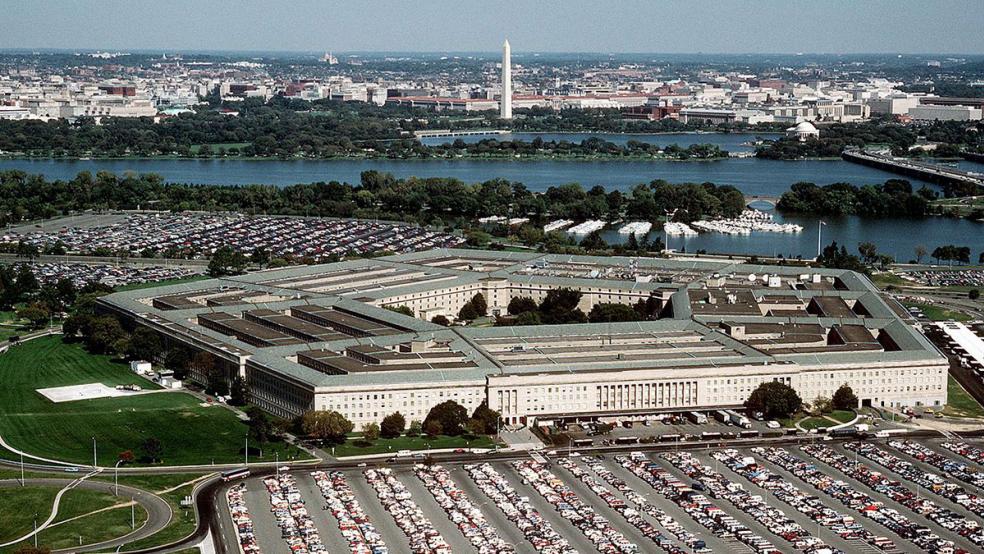The House is set to pass a $768 billion defense policy bill Tuesday evening, hours after the House and Senate Armed Services committees unveiled a compromise version of the long-delayed legislation. The bill would boost the Pentagon budget by about $24 billion more than President Biden had requested.
“The bill would authorize a $740 billion base budget for the Defense Department, $27.8 billion for nuclear weapons programs under the Department of Energy and $368 million for defense-related activities in other departments,” Roll Call reports. “Appropriators will need to decide whether to provide the budget authority to pay for it all.”
In addition to funding for new aircraft and ships, the bill provides funding boosts for plans to counter China and support Ukraine. It authorizes $7.1 billion for the Pacific Deterrence Initiative, the plan to increase U.S. presence in the region and deter China. That funding is $2 billion more than Biden requested. The bill also includes nearly $118 billion for Pentagon research and development of new technologies, $5.8 billion more than Biden requested. It also would provide a 2.7% raise for troops.
“Notably absent from the measure,” Roll Call reports, “is a provision pushed by top Senate Foreign Relations Committee Republican Jim Risch of Idaho, that would have imposed sanctions on those involved with building or financing Nord Stream 2, the controversial Baltic Sea pipeline that will transport Russian natural gas to Germany and circumvent Ukraine’s pipelines, potentially depriving the country of billions of dollars a year in transit fees.”
The bottom line: After a messy process, the compromise version of the National Defense Authorization Act appears set to pass, and it demonstrates what Catie Edmondson of The New York Times calls “the bipartisan consensus on Capitol Hill for continuing to spend huge amounts of federal money on defense initiatives, even as Republicans lash Democrats for spending freely on social programs.”





